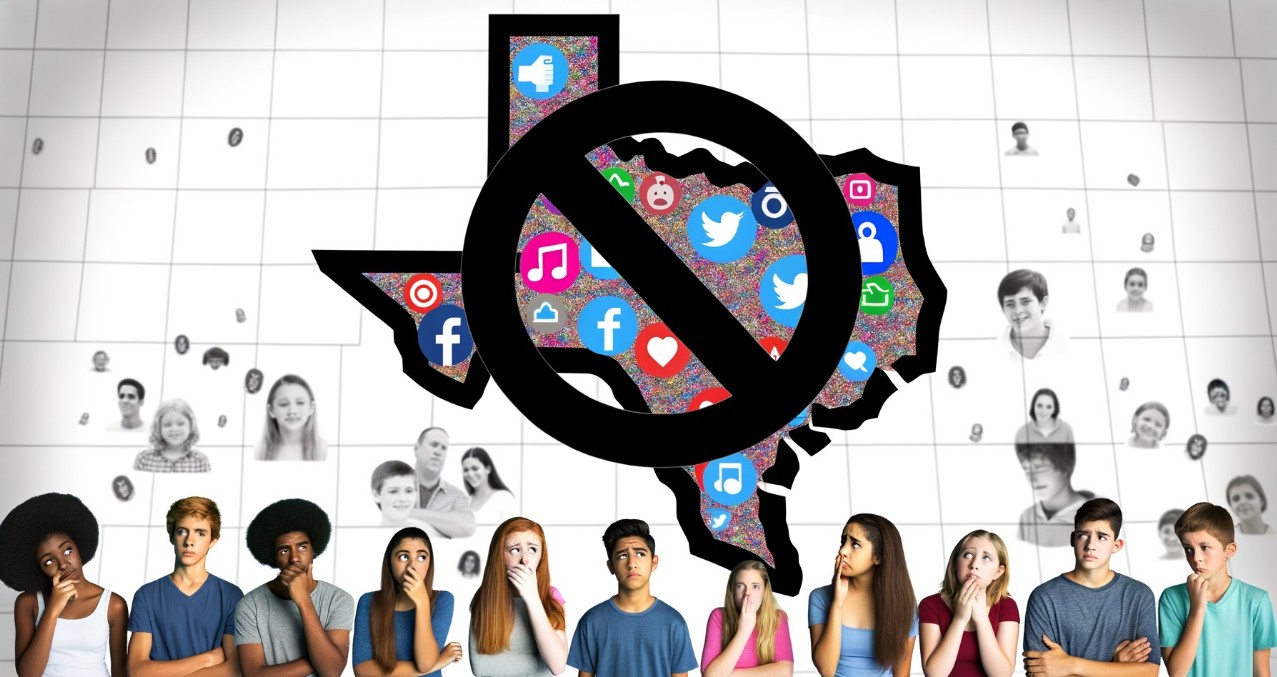Denmark has just told the world something most governments are too afraid to say out loud. Children do not belong on social media! The Danish Parliament is on the brink of deciding that no child under sixteen will be allowed on social media platforms.
The decision has triggered fierce debate across Europe. It has also exposed an uncomfortable truth that Kenya can no longer avoid. Silicon Valley is raising our children while we stand on the sidelines, hoping for the best.
The backlash has been predictable. Parents argue they should decide what is right for their own children. Teenagers insist that social media is how they connect and create. Tech companies warn about government overreach.
The concerns are real. However, Denmark has led us to confront a question that should have been asked years ago. Are we really protecting our children while we allow unrestricted access to platforms built to addict, influence, and profit from their attention?
Social media platforms were never created with children’s well-being in mind. They were engineered to maximize engagement, and children are the easiest targets in that system. The algorithms deliver a constant flow of content that triggers dopamine spikes and emotional reactions.
A child logs in to check one thing and emerges two hours later feeling anxious or inadequate without understanding why. This is not a glitch. It is the design.
Kenyan children are not immune to any of this. Research from Kenya’s Africa Mental Health Research and Training Foundation found that eighty-two percent of high school students experienced bullying and cyberbullying, with both linked to suicidal thoughts and attempts.
A Nakuru County study found that heavy social media use contributed to depression among students. Recent research shows that Kenyan university students who spend more than five hours a day on social media are 2.43 times more likely to develop mental health conditions
There is another growing danger. Kenya has seen the rise of teen gangs that recruit, regroup, and display their activities online. These groups use social media to glamorize violence, lure vulnerable teens, organize fights, and create a culture of fear that spreads far beyond their neighborhoods.
Platforms amplify this content because it is sensational, and sensational content keeps users engaged. What begins as curiosity can quickly turn into radicalization, imitation, and real-world harm.
Teachers report an increase in distracted students, emotional instability, and a worrying fascination with violent online subcultures. Parents are overwhelmed by a digital world that evolves faster than they can understand.
Yet Kenya still has no meaningful national policy addressing this crisis. There are scattered guidelines and concerned speeches, but nothing that forces accountability, protects minors, or equips parents with real tools.
A total ban may not be the only answer. Enforcement challenges are real, and some children use social media for education, creativity, or genuine community. But accepting nuance does not erase the truth.
Our children are being harmed today by predators, cyberbullying, violent subculture content, and addictive patterns that affect sleep, school performance, and mental health.
Kenya could demand age verification, enforce parental consent, restrict data collection from minors, and reduce algorithm-driven content. It could also invest in digital literacy to help children and parents recognize online manipulation.
However, as IT infrastructure specialist Brian Mwangi warns, none of these safeguards will work unless policymakers involve real technologists. Too many digital policies in Kenya are created by people with limited technical expertise. The results? Ideas that look good on paper but collapse in real-world implementation.
Denmark has refused to accept digital harm as an unavoidable part of childhood. They have said the well-being of children is worth the inconvenience of regulation. Kenya now faces a defining choice.
We can ignore this growing crisis until it explodes into widespread damage, or we can begin an honest national conversation about what we owe our children in an age of relentless digital influence.
According to Dr. Peter Muthomi, a Kenyan child development expert, the country is already showing signs of what he calls “digital fatigue syndrome” among minors, warning that without stronger safeguards, Kenya risks raising a generation whose cognitive and emotional development has been quietly eroded by unchecked online exposure.
The screens are here to stay. The corporations will not regulate themselves. If we continue to do nothing, we are silently agreeing to let a generation grow up inside an uncontrolled psychological experiment. Denmark has decided this is unacceptable. Kenya must decide whether it agrees.












